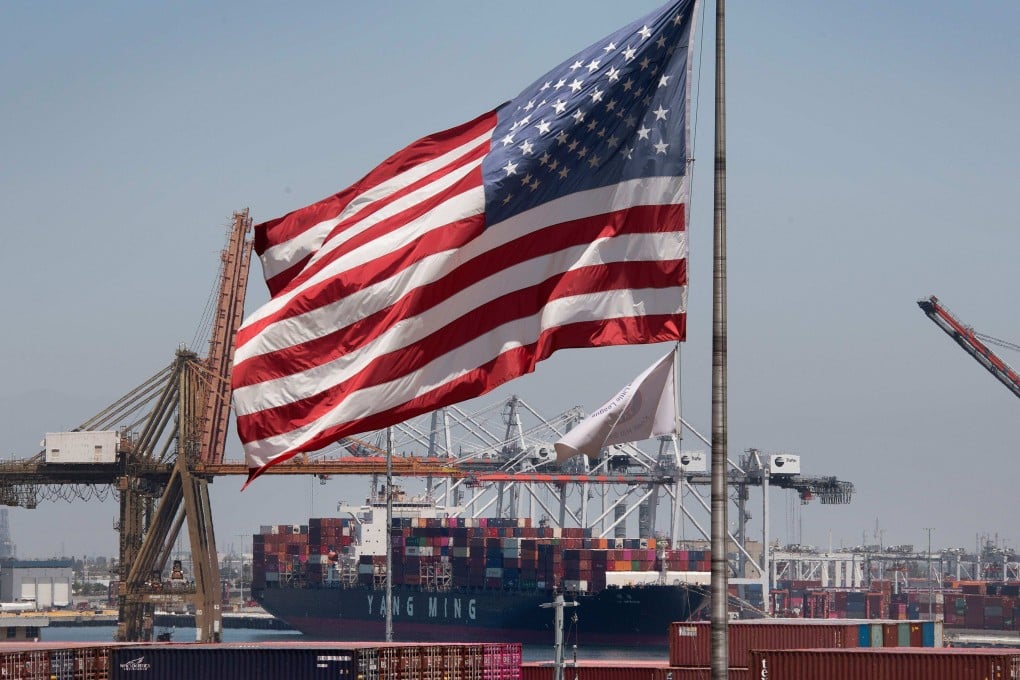US protectionism hits China hardest, and Chinese are more averse to trade because of it, study finds
- If Beijing makes trade concessions in the face of strong domestic opposition, it ‘would risk a potentially destabilising domestic backlash’, according to PIIE study
- The findings are said to have ‘worrying implications’ in respect to the world’s open-trading system

Among all countries, China has been most affected by the United States’ shift toward protectionism in recent years, and this in turn has resulted in Chinese citizens being less supportive of open trade, according to a new study by the Peterson Institute of International Economics (PIIE).
With an emphasis on “the world’s most important trading relationship”, the case study is forthcoming in the Review of International Organizations, a peer-reviewed academic journal that publishes scientific contributions in the field of political economy.
PIIE said it formulated the study by using results from three of its independent surveys conducted in China at key periods during the ongoing US-China trade war that began in 2018 under the previous US administration of Donald Trump and has continued under President Joe Biden.
The findings show that US protectionism has resulted in “direct reciprocity” and “generalised reciprocity” mentalities among the Chinese survey respondents.